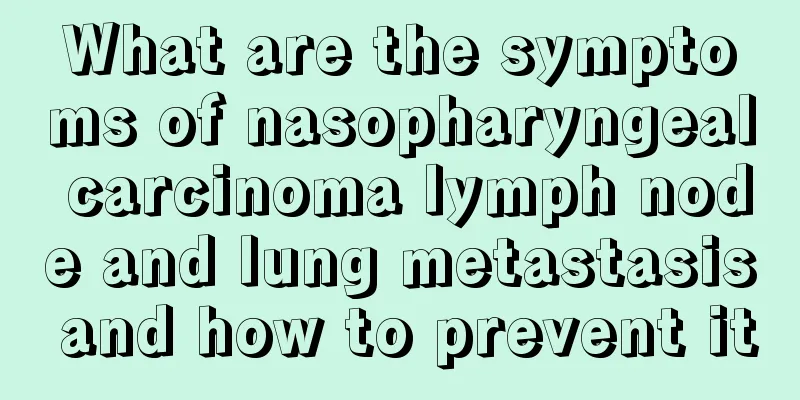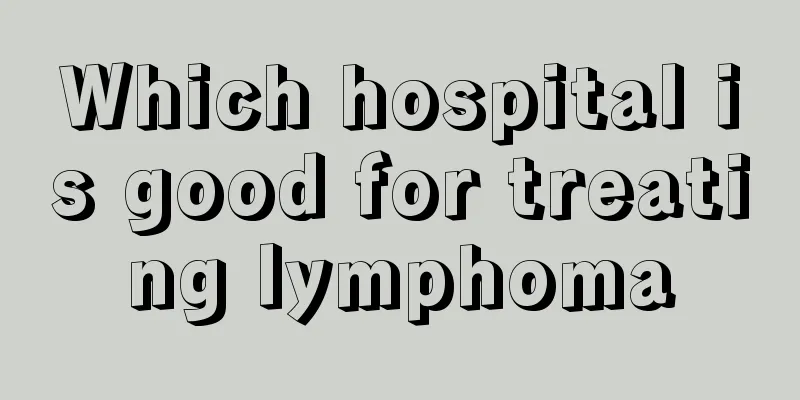What are the causes of esophageal cancer

|
So far, there is no definite cause of esophageal cancer, but a lot of research has been done on the cause of esophageal cancer at home and abroad, and it is believed that it is caused by the synergistic effect of multiple factors. Smoking and drinking In studies in many countries (such as southern Brazil, Uruguay, South Africa, Italy, Japan, etc.), it was found that heavy smoking and drinking are closely related to the incidence of esophageal cancer. 1. Sauerkraut, food and nitrosamines Sauerkraut was once considered one of the main risk factors for esophageal cancer in high-incidence areas in my country (Lin County has a high incidence of esophageal cancer), but case-control studies conducted in the population have failed to confirm this. Nitrosamines in sauerkraut and toxins produced by fungi may be the active carcinogens, but the final evidence of their role needs further confirmation. 2. Infectious factors Studies have shown that human papillomavirus (HPV) may be one of the causes of esophageal cancer. Wheat and corn contaminated by Fusarium moniliformis in a hot and dry climate can produce carcinogenic toxins such as fumonisin, which some people believe may be related to esophageal cancer in South Africa and my country. Studies conducted in Shanxi, my country found that the mortality rate of esophageal cancer is related to the consumption of corn and wheat flour. 3. Chronic damage caused by physical and chemical factors. The results of a follow-up study of 17,800 workers making insulators in North America showed that exposure to asbestos can more than double the risk of esophageal cancer. The rough food consumed by residents in high-incidence areas of esophageal cancer such as my country and Iran is often contaminated with silica fibers and fragments. Silica was found in the mucosa around esophageal tumors of patients with esophageal cancer in Henan, my country, and the amount was 10 times that of the control group of London cases. Therefore, it is speculated that these silica fragments can cause damage and stimulate esophageal epithelial hyperplasia. 4. Nutritional deficiency Esophageal cancer has a strong geographical correlation with low intake of animal protein, fresh fruits and vegetables. Low intake of the above foods can lead to low intake of vitamin A, vitamin C and vitamin B2. In Africa and Asia, the staple food of the population in areas with high incidence of esophageal cancer is wheat or corn containing vitamin B2, low in niacin, magnesium and zinc, while the staple food of people in low-incidity areas is staple food rich in the above nutrients (sorghum, millet, etc.). In a study of national nutrition surveys and tumor mortality in Japan, it was found that the mortality rate of esophageal cancer was positively correlated with the intake of wheat, pork and salted fish. |
<<: Pathological morphology of early esophageal cancer
>>: Some clinical manifestations of lung cancer
Recommend
Physical characteristics that shorten your lifespan
If you want to live a healthy and long life, don&...
Which urine test shows kidney disease
Routine urine tests can indeed help us understand...
The efficacy and function of Daqingguo
The big green fruit, also known as olive fruit, i...
Brain edema can be treated in these ways
Edema may occur in many parts of the body, includ...
Why do people get bone cancer
Bone cancer, including primary bone cancer, mainl...
What's the matter with the itchy red spots on my body
If there are some red spots on the body and it is...
Methods for cleaning boiler scale
As we all know, boilers are usually used to softe...
The dangers of walking too much
Walking is an essential part of our daily life. T...
Can a woman with colon cancer get pregnant?
Colon cancer is a common malignant tumor of the d...
How long can you live with hemodialysis
Many people who suffer from some difficult-to-tre...
What to do if your stomach swells after drinking beer
Beer is loved by people in daily life, especially...
Guyu health care focuses on protecting the liver, strengthening the spleen and removing dampness
The willow catkins have fallen, the cuckoo is cry...
Effects and functions of lychee wine
Lychee is a relatively common fruit, also known a...
Don’t do 14 stupid things when taking care of your hair
Having black and shiny hair is everyone's dre...
How to prevent bedwetting
Bedwetting among newborns is a common occurrence,...









